- Home
- Graduate
- Academic Programs
- Library and Information Science: Archives Management + History
Library and Information Science: Archives Management + History
Increasingly, archival employers have recognized that archivists require both technical skills and historical knowledge. Our Library and Information Science: Archives Management (MS) + History (MA) dual degree program combines a firm foundation in library and information science with an understanding of U.S. history and politics.
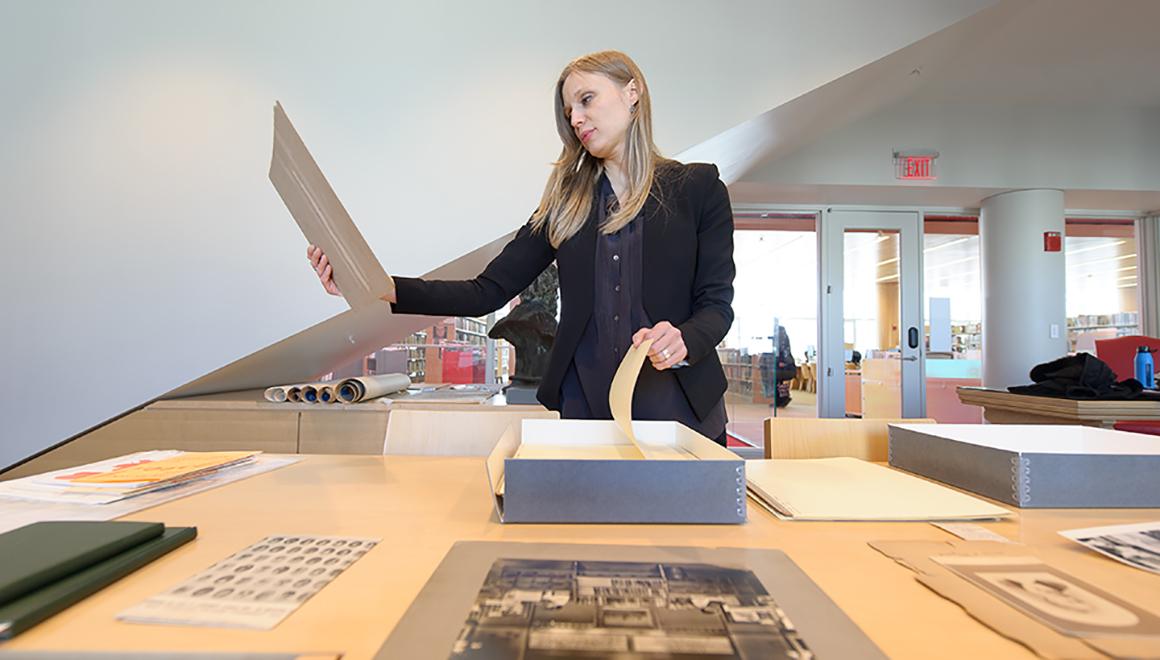
Do you love history? Preserve it for future generations
Our program helps students pursuing archival positions gain the knowledge they need more efficiently through a dual-degree program in history and archives management. You'll master skills in library and information science, archives management, historical methods and research and history.
Students do internships at Boston institutions such as the Massachusetts State Archives, the Massachusetts Historical Society, the John F. Kennedy Library, the U.S.S. Constitution Museum and Harvard University. You'll also complete a thesis project based on original research.
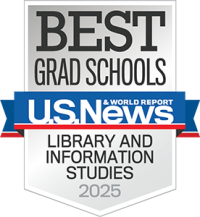
Ranked among the best
Simmons University is ranked #1 for Archives & Preservation by U.S.News and World Report.
Learn more about the History and Archives Management programs and the benefits of this dual degree.
The Dual Degree program in History and Library and Information Science (LIS) in Archives Management or Cultural Heritage Informatics consists of a total of 57 credit hours:
- History: 8 credit hours of required History core courses; 12 credit hours of History electives (400-level or above), and a 4 credit hour History thesis.
- LIS: 9 credit hours of required LIS core courses; 15 credit hours of required core courses in either Archives Management or Cultural Heritage Informatics; and 9 credit hours of LIS electives.
Full-time students may complete the program in approximately two years. Part-time students must complete the program within six years of enrollment.
History (MA) Program Requirements
Core Courses in History (8 credit hours)
| HIST597 | Historical Methods | 4 |
| AND | ||
| HIST527 | Archives, History, and Collective Memory | 4 |
| OR | ||
| HIST568 | Seminar in Public History: Sites of History | 4 |
*Students may take these classes as either an LIS elective for three credit hours (LIS 443 or LIS 532I) or as a History elective for four credits (as shown above).
Elective Courses in History (12 credit hours)
The three courses selected must be at the 400-level or above.
Graduate Thesis in History (4 credit hours)
| HIST455A | History Thesis | 4 |
Library and Information Science (MS) Program Requirements
Core Courses in Library and Information Science (9 credit hours)
| LIS407 | Information Service, Behaviors & Ethics | 3 |
| LIS415 | Information Organization | 3 |
| LIS488 | Technology for Information Professionals | 3 |
Option 1: Five LIS courses in Archives Management (15 credit hours)
Option 2: Five LIS courses in Cultural Heritage Informatics (15 credit hours)
Elective Courses in Library and Information Science (9 credit hours)
Dual degree students will complete three LIS elective courses.
Since the 1970s, the demand for archivists is expanding as society becomes more aware of the value of preserving our heritage and records. Increasingly, archival employers have recognized that archivists use skills that require both technical training and historical knowledge, and they seek applicants with master's degrees in both library and information science and history.
Archivists collect, appraise, and preserve documents and materials found in manuscripts, moving images and photographs, oral-history recordings, multimedia, government records, and literary correspondence. They work in varied settings, such as public archives, colleges and universities, museums and cultural heritage sites, photographic and film collections, public libraries, foundations, government agencies, and corporations. New jobs have been created in public and private organizations, where archivists establish and maintain proper repositories for larger and more diverse collections of records. Some of these positions have grown out of field placements from archives programs, like the one at Simmons University. Due to its strategic location in historic New England, Simmons offers students access to resources for study and research not found in other parts of the country.
- Processing Archivist: Arrange archival materials in folders and boxes, and create finding aids that describe the contents of a collection.
- Reference Archivist: Assist researchers in finding relevant materials.
- Digital Assets Archivist: Manage the digital holdings of an archive, including digital photographs and computer files. Digitize important collections and maintain online access to these materials.
- Preservationist: Specialize in protecting archival materials from the damage that can arise from weather, environmental conditions, natural disasters, and age.
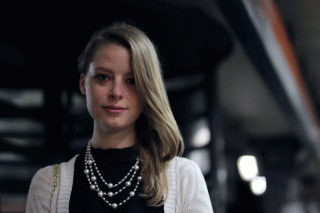
Alumnae/i Feature
Be open to new experiences and believe in your ability to adapt to every opportunity. Making mistakes and facing really hard things, as well as celebrating the little victories, are marks of success.
Our Faculty
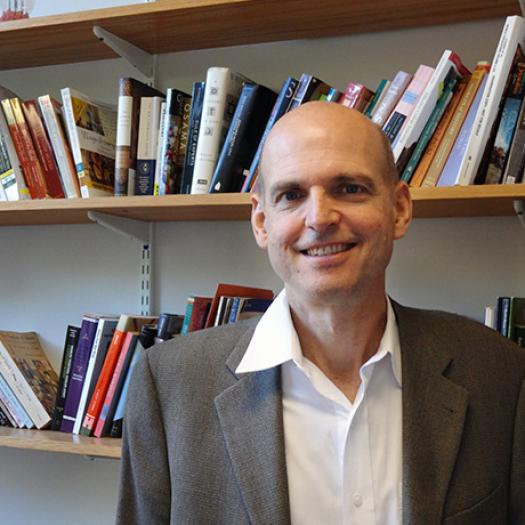
Stephen Ortega
Adjunct Faculty
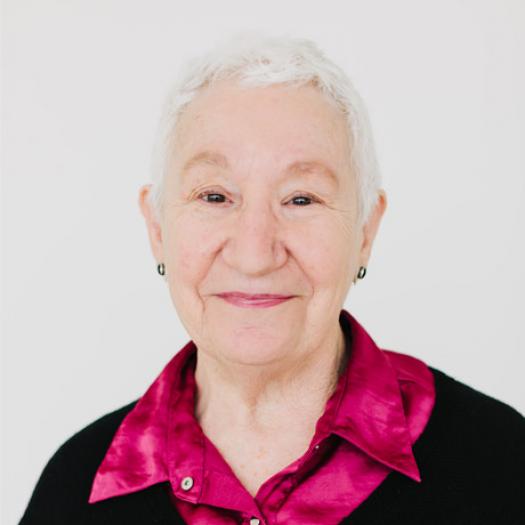
Jeannette Bastian
Professor Emerita
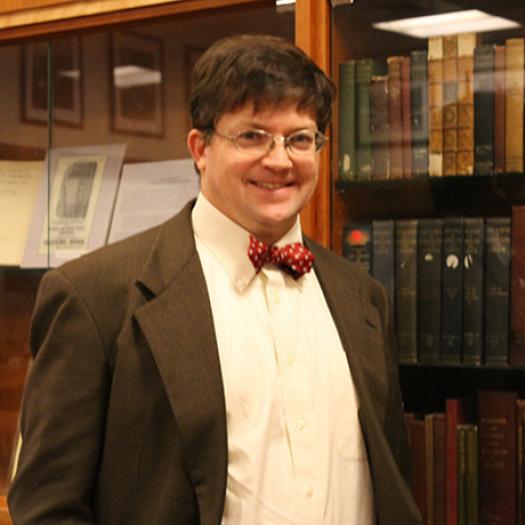
Steve Berry
Associate Professor and Undergraduate Program Director of History

Peter Botticelli
Associate Professor and Director, Cultural Heritage Informatics Concentration

Sarah Leonard
Associate Professor
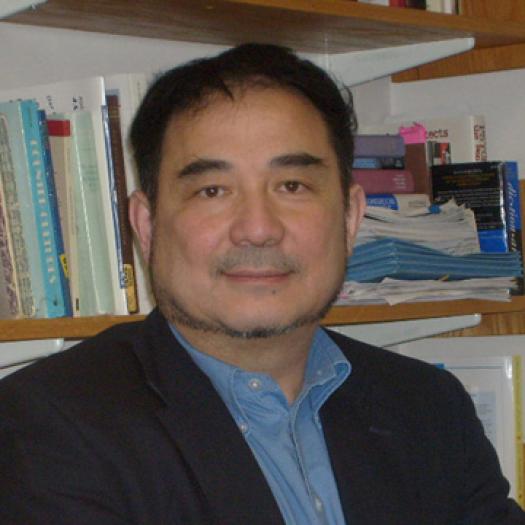
Zhigang Liu
Emeriti
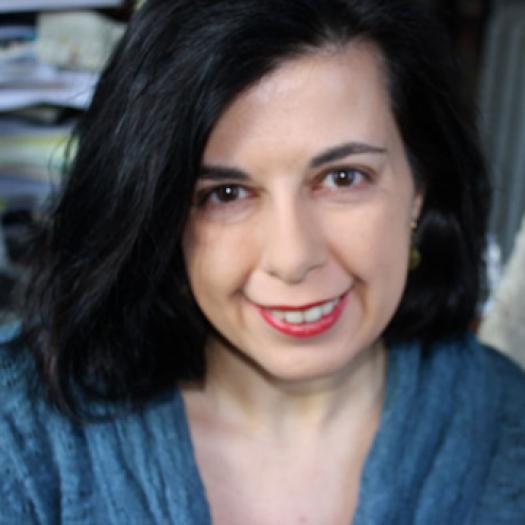
Laura Prieto
Professor Emerita
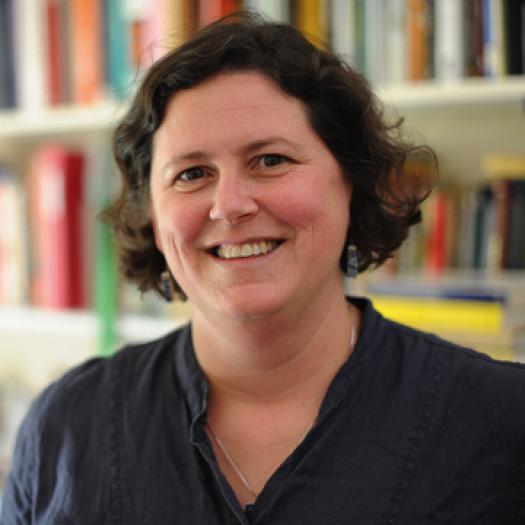
Katherine Wisser
Associate Professor and Masters Program Director, Director of the Archives Concentration, and Director of Archives Certificate Program
Spotlight on Archives Management + History Students and Alums
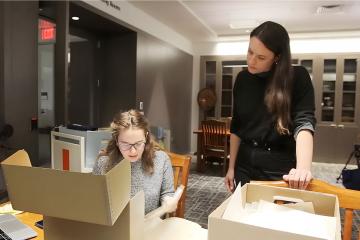
Archivist Cherishes Communal Essence of Libraries
National Library Lovers’ Month is, according to the Boston Public Library, “a time to recognize the value of libraries and all the special things we love about them.” To celebrate National Library Lovers’ Month, we spoke with University Archivist Kelsey Kolbet ’21MS/MA about her love of archives and women’s history, and why she chose Simmons.
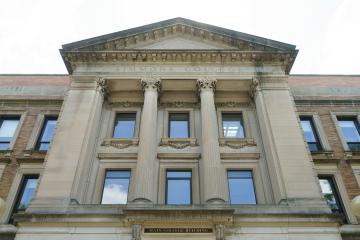
Students Discuss Archival Internship in The Pilot
Students Emily Greco and James Kaeser recently concluded fall semester internships at the Archdiocese of Boston Archives. They shared their reflections about this unique experience in a published interview with The Pilot.
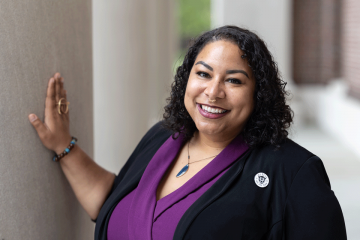
The Extroverted Archivist: Engaging the Underrepresented in Archives
Bridgett Johnson-Pride '18MAMS was named Director of Public Services for Archives and Special Collections at Harvard University in October, 2023. We caught up with Johnson-Pride about her current role, and how she engages with patrons as an extroverted archivist.
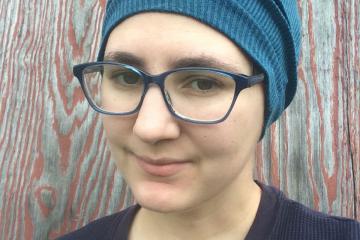
Sacha Lamb '20MS/MA Embraces Queerness and Jewish Folklore in Debut Novel
What led you to study Library and Information Science at Simmons? I had wanted to be a librarian for a long time. I love organizing things, so it seemed like a good fit. I grew up in the Boston area...
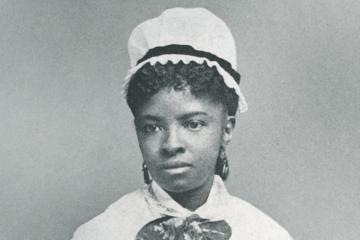
The Mary Eliza Project Recognizes Boston's First Women Voters
Faculty and students at Simmons have joined to create the Mary Eliza Project , transcribing voter registers to create a searchable database of the more than 50,000 women who registered to vote in Boston in the months following the Nineteenth...
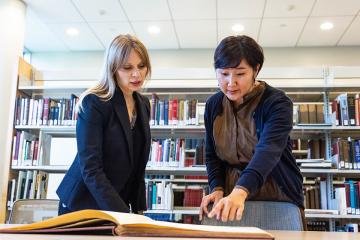
A Tale of Two Librarians: SLIS alumnae/i at Cambridge Public Library
Librarian Sarah Yasuda '20MS and Archivist Alyssa Pacy '06MS, '07MA reflect on how their studies at Simmons SLIS impacted their careers, the unique rewards of public library work, and the coolest items you can find in the Cambridge Public Library...
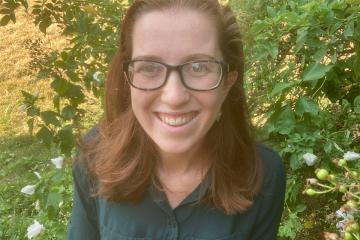
Sarah Shepherd ’23MAMS Receives Ham Scholarship from the Society of American Archivists
The F. Gerald Ham and Elsie Ham Scholarship Fund was established by F. Gerald Ham, past president of the Society of American Archivists (SAA), and his wife, Elsie Ham, in 1998. The fund, endowed in 2008, provides financial support to...
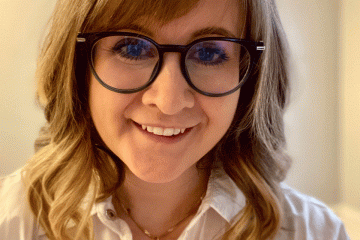
Shealynn Hendry ’21MS Wins Gates Cambridge Scholarship for PhD
Shealynn Hendry ’21MS, a graduate of the dual degree in Archives Management and History (MS/MA) at Simmons, has won the Gates Cambridge Scholarship to attend the University of Cambridge, UK, for her PhD in History. Tell us about your studies...
Related Programs
Undergraduate
-
Africana StudiesBA, Minor
- BA
- Minor
-
Gender HistoryMinor
- Minor
-
HistoryBA, Minor
- BA
- Minor
-
Women’s, Gender, and Sexuality StudiesBA, Minor
- BA
- Minor
Graduate
-
Children’s Literature + Library Services to ChildrenMA, MS
- MA
- MS
-
History (MA)MA
- MA
-
Library and Information Science (MS)MS
- MS
-
Library and Information Science PhDPhD
- PhD
-
Library and Information Science: Archives Management CertificateCertificate
- Certificate
-
Library and Information Science: Archives Management ConcentrationMS
- MS
-
Library and Information Science: Cultural Heritage Informatics + HistoryMA, MS
- MA
- MS
-
Library and Information Science: Cultural Heritage Informatics ConcentrationMS
- MS
-
Library and Information Science: Information Science and Technology ConcentrationMS
- MS
-
Library and Information Science: School Library Teacher ConcentrationMS
- MS
-
Library and Information Science: School Library Teacher LicensureCertificate
- Certificate
